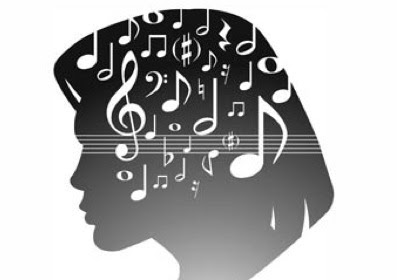Human brain naturally composes melodies, which researchers believe can rival Mozart and Chopin. That’s not all. The experts believe that a piano rendition of the brain’s sound track can help in dealing with insomnia and fatigue in the aftermath of a stressful experience.

The concept of “brain music” is to use the frequency, amplitude and duration of musical sounds to move the brain from an anxious state to a more relaxed one. Over the past decade, the influence of music on cognitive development, learning, and emotional well-being has emerged as a hot field of scientific study.
Department of Homeland Security’s Science & Technology Directorate (S&T) has begun a study into a form of neuro-training called “brain music” that uses music created in advance from listeners’ own brain waves to help them deal with common ailments like insomnia, fatigue, and headaches stemming from stressful environments.
“Strain comes with an emergency response job, so we are interested in finding ways to help these workers remain at the top of their game when working and get quality rest when they go off a shift,” said S&T programme manager Robert Burns. “Our goal is to find new ways to help first responders perform at the highest level possible, without increasing tasks, training, or stress levels.”
If the brain “composes” the music, the first job of scientists is to take down the notes. Each recording is converted into two unique musical compositions designed to trigger the body’s natural responses.

The compositions are clinically shown to promote one of two mental states in each individual: relaxation — for reduced stress and improved sleep; and alertness — for improved concentration and decision-making. The relaxation track may sound like a “melodic, subdued Chopin sonata”, while the alertness track may have “more of a Mozart sound”, says Burns.

0 comments:
Post a Comment